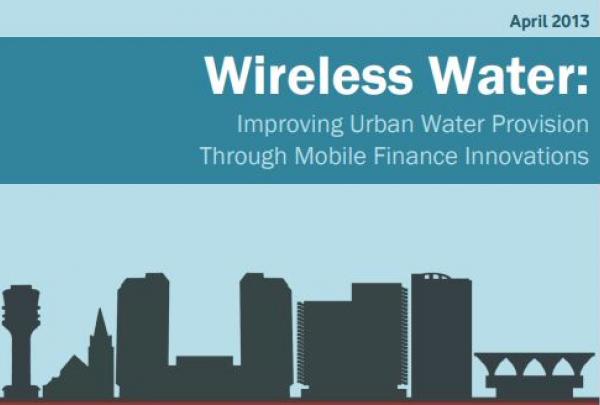Mobile Technologies on Water Governance in Tanzania
Background
Water service providers in Tanzania often struggle to provide satisfactory water supplies in its rapidly growing cities due to inadequate revenue collection and inefficient billing and payment systems. Mobile payment innovations are being used to improve public service delivery in East Africa by increasing the ease of payment for customers, expanding revenue collection for water utilities, and removing opportunities for theft, bribery, and collusion.
The project examined the use of mobile money applications and wireless pay point networks for water bill payments in Dar es Salaam, Tanzania. Data included 1,000,000 water payments made using different payment methods, 1097 surveys of water users in the city, and over 40 interviews with water sector officials and representatives with the telecommunications industry.
Researchers on the project include Aaron Krolikowski (School of Geography and the Environment), Professor Xiaolan Fu (Department of International Development), and Dr. Robert Hope (School of Geography and the Environment). Funding was provided by the Skoll Centre for Social Entrepreneurship.
The report, entitled “Wireless Water: Improving Urban Water Provision Through Mobile Finance Innovations” is accompanied by a policy brief and three analytical sub-reports on customer payment behaviours, governance, and user characteristics.

A TMCD project to study the use and impact of mobile payment technologies in the urban water sector in Tanzania has won £12,000 in funding from the Skoll Centre for Social Entrepreneurship.

Mobile phones and networks are being used to bring about change in the water and sanitation, education, health, and agricultural sectors throughout Sub-Saharan Africa. In East Africa, where mobile technologies and related innovations are most prevalent, mobile payment innovations (e.g. M-PESA, Selcom Pay Points, etc.) can improve public service delivery by creating enabling environments for greater transparency, increases in accountability, and removing opportunities for theft, bribery, and collusion.


